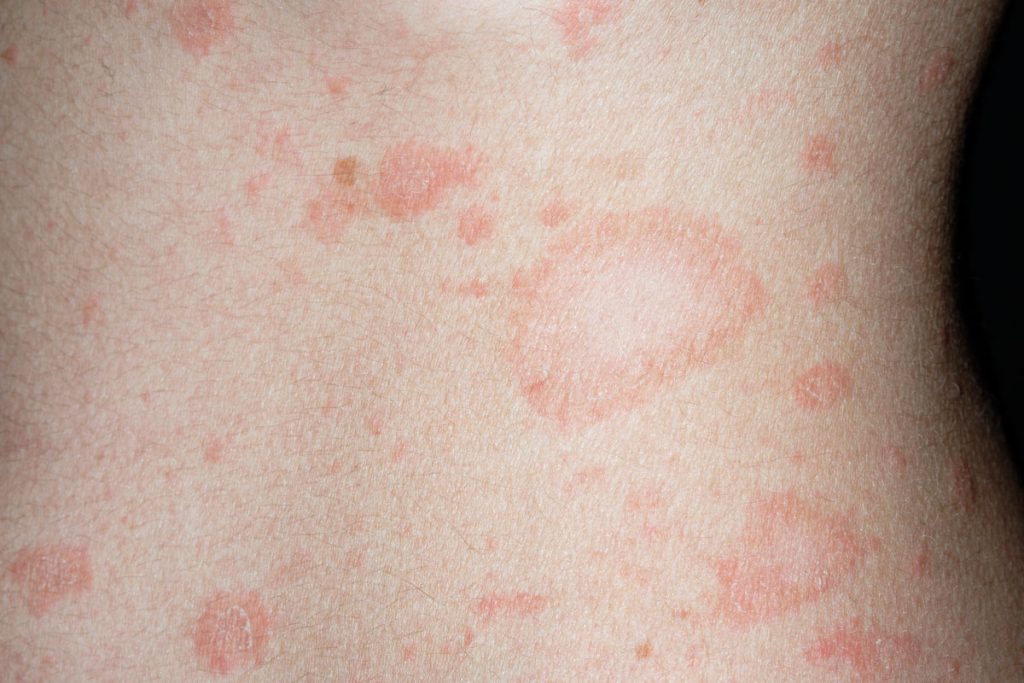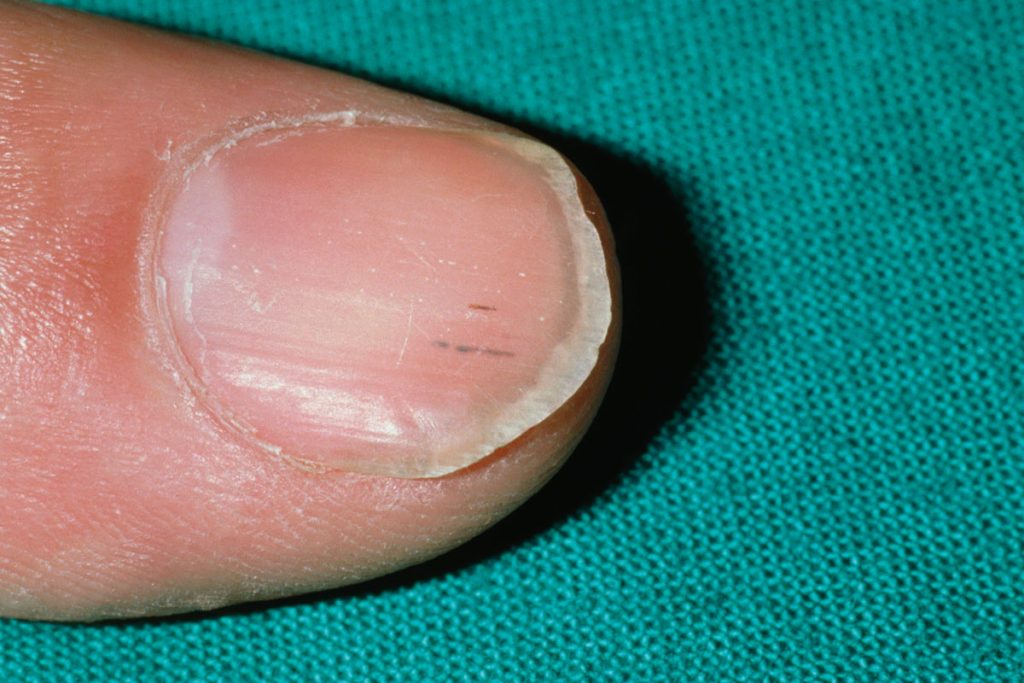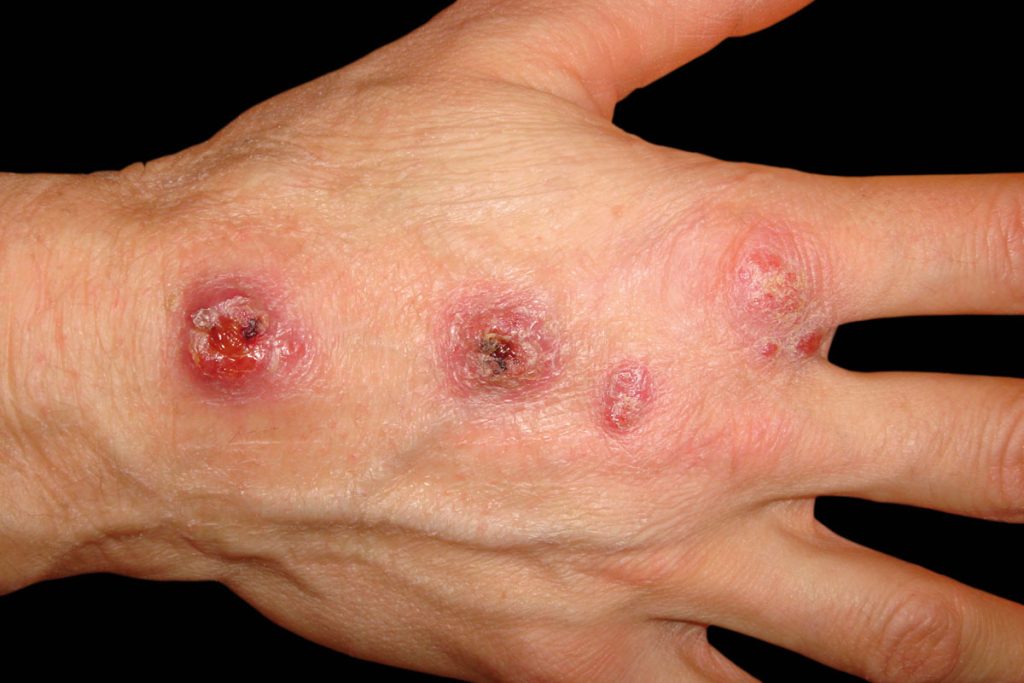What do these presentations add up to? By Dr Keith Hopcroft
CASE EASY
The patient
A 32-year-old man with no relevant medical history and on no regular or recent medication.
He says
‘I started with ringworm on my back – the pharmacist told me what it was and gave me antifungal cream. But I need something stronger because it seems to be spreading. It’s not that itchy but it looks terrible and I’m worried the rest of the family might get it.’
+

=
See end of article for answer
CASE MODERATE
The patient
A 73-year-old man with an extensive history including diabetes, ischaemic heart disease, aortic valve replacement, osteoarthritis and COPD. He is on a variety of medications.
He says
‘Last week the doctor said I was probably developing flu and I should get in touch if I got chesty. My chest seems fine but I feel awful, I’m off my food, I get hot and cold and I’m drenching the sheets at night. Now my nails look funny. Something’s wrong.’
+

=
See end of article for answer
CASE HARD
The patient
A 39-year-old pet shop owner with type 1 diabetes, mild asthma and IBS who takes insulin and salbutamol.
She says
‘I can’t get rid of these boils on my hand. They seem to scab over but they won’t go. I’ve had two or three courses of antibiotics now and I’m not getting anywhere. My customers don’t like the look of them – do you think I should see a specialist?’
+

=
See end of article for answer
Dr Keith Hopcroft is Pulse’s medical adviser and a GP in Basildon, Essex
Answers
EASY Pityriasis rosea This is a common rash thought possibly to be the result of a viral infection. The initial ‘herald patch’ can look very much like a fungal infection, but the diagnosis is revealed when the characteristic multiple patches, with scaly collar, develop within a week or two in their typical Christmas-tree pattern. The rash resolves spontaneously in a month or two.
MODERATE Infective endocarditis These are splinter haemorrhages, characteristic of infective endocarditis. This is caused by microemboli from infected heart valves. The patient needs urgent admission for intravenous antibiotics and further management.
HARD Fishtank granuloma This is a rare infection caused by Mycobacterium marinum. It may result from the micro-organism entering the skin during the cleaning of an aquarium. The result is a marked and persistent pustule with further lesions sometimes developing along the line of lymphatic drainage. Diagnosis is invariably delayed and may well require culture and biopsy. Treatment involves prolonged antibiotics.
Pulse October survey
Take our July 2025 survey to potentially win £1.000 worth of tokens












